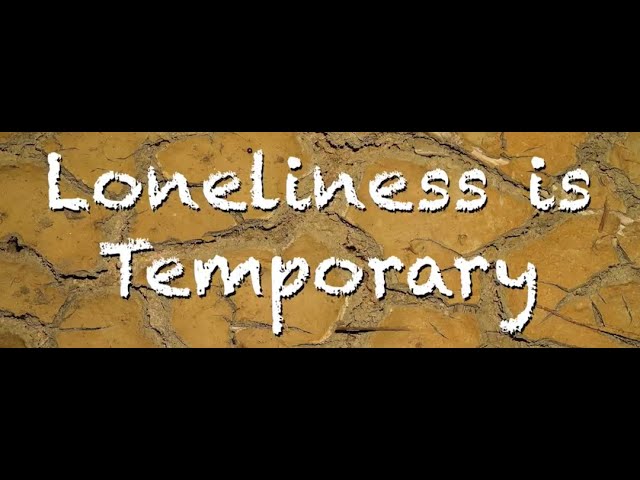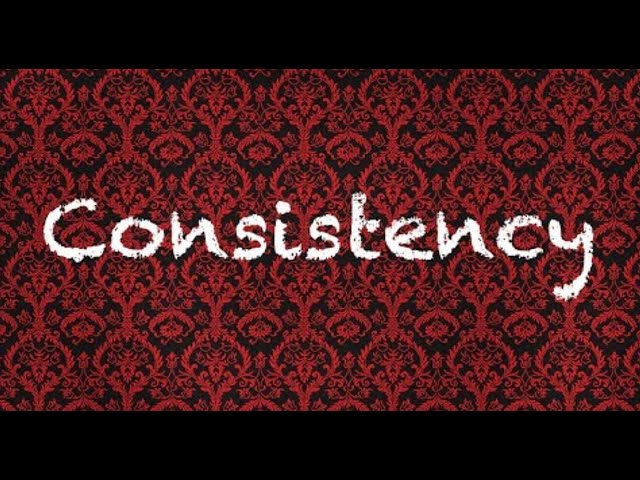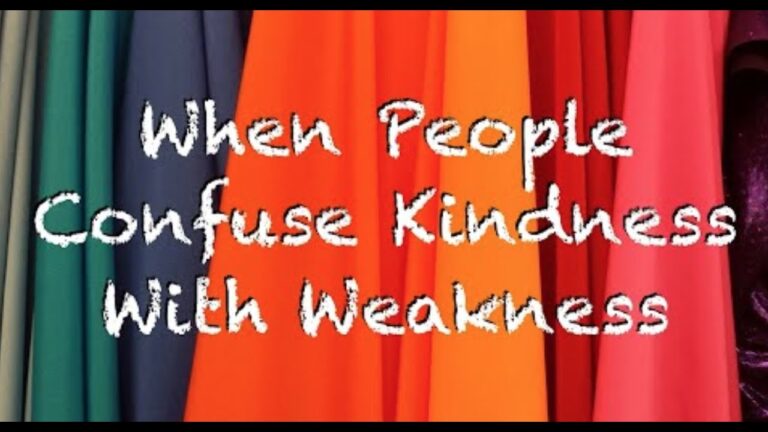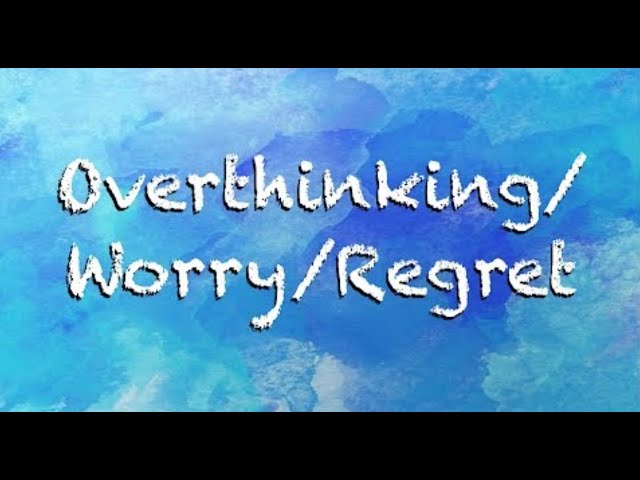Building Confidence
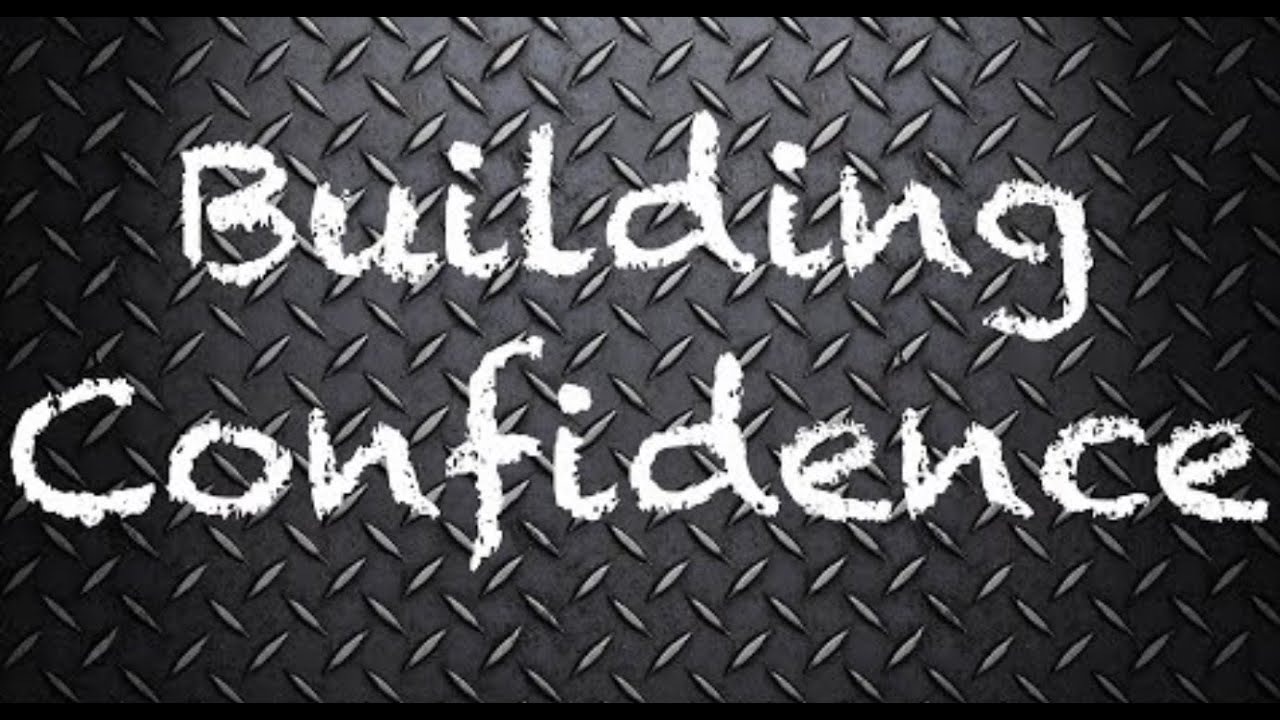
Key Takeaways
- 🤝 Confidence comprises a firm handshake and a confident smile, signaling self-assurance.
- 🧠 Confidence stems from the belief in one’s knowledge and abilities to tackle tasks effectively.
- 🗣️ The vibe of confidence is crucial in social interactions, influencing initial perceptions.
- ⛰️ Confidence in tasks grows through incremental challenges and experiences, akin to climbing mountains.
- 🕴️ Con men often exude general confidence but lack competence in specific tasks.
- 💼 True confidence balances a strong vibe with the ability to execute specific tasks effectively.
- 🏋️♂️ Physical fitness aids in building confidence by fostering comfort in one’s body.
- 🗣️ Practice speaking with various people and in different settings to enhance confidence in communication and leadership.
Achieving Confidence: The Key to Success
The Importance of Confidence
Confidence is often overlooked but it plays a crucial role in our interactions with others. As social animals, humans pay attention to the vibe we project. It is the first impression people receive and internalize when they meet us. James Damore, a computer programmer known for writing the Google manifesto, serves as an example. Although the words he speaks are accurate and knowledgeable, his lack of confidence in his delivery makes him appear unsure. This lack of confidence can result in a negative reaction from others, causing impatience and disbelief.
On the contrary, confident individuals are more likely to be liked and respected. People see confident individuals as knowledgeable and capable, providing them with a sense of relaxation and comfort. This is because as social animals, we tend to gravitate towards hierarchies and are more at ease following a strong and confident personality.
The Two Types of Confidence
Confidence can be categorized into two types: the general confidence we project and the confidence we have in carrying out specific tasks. The general confidence is the first impression we give to others, while the task-specific confidence is the belief in our abilities to accomplish a particular task.
Building task-specific confidence requires practice and experience. Just like climbing a mountain, starting with smaller challenges, and gradually progressing to more difficult ones. Through this process, we learn and gain confidence in our abilities. Con men are masters at projecting task-specific confidence. However, they lack the actual skills to perform the tasks they claim to excel at. Beware of individuals who confuse these two types of confidence, as they may appear confident but lack the necessary skills to fulfill their promises.
Building Confidence
To build confidence, one must focus on both the general vibe projected and the skills required for specific tasks. Here are two essential steps to achieve this balance:
1. Getting Into Physical Shape
Physical fitness is not solely about becoming a bodybuilder but about feeling confident in your own body. Engaging in regular physical activity, such as weightlifting or playing sports like squash, helps you become comfortable in your body. By pushing your physical limits, you develop a sense of confidence that radiates to others.
2. Practicing Communication Skills
Confidence in communication can be developed through practice. Just like climbing Mount Everest starts with conquering smaller hills, improving communication skills begins with interacting with people in various settings. Teaching English as a second language, for example, provides an excellent opportunity to develop confidence in addressing and correcting people. Through practice, confidence grows, and it becomes easier to convey important messages and lead others.
The Benefits of Confidence
Confidence is a quality of a leader. When you project confidence, you inspire trust in others, and they are more likely to follow your guidance. Being a leader allows you to direct the course of events, even though it may require difficult decisions and face challenges along the way. However, the satisfaction of knowing that your success or failure lies in your own hands is immeasurable. It is far better to take responsibility for your own decisions, even if they lead to failures, rather than being at the mercy of someone else’s poor choices.
Confidence also enhances your personal life. It improves your relationships, increases opportunities, and opens doors to new experiences. By consciously working on improving the confidence you project, you can significantly enhance every aspect of your life.
Taking Action
Building confidence requires a conscious effort. Start by incorporating physical exercise into your routine, engaging in activities that push your limits and make you feel more comfortable in your own skin. Additionally, practice communication skills by interacting with others, taking public speaking courses, and actively engaging in conversations with people you meet. Take the time to understand their interests and perspectives.
Remember, confidence is not solely about the words we speak but the overall impression we give. By focusing on both the general vibe projected and the skills required for specific tasks, you can develop a well-rounded confidence that will significantly impact your personal and professional life.

